Socio-Ecological process for SDG
We are in the last decade to meet the Sustainable Development Goals (SDGs) and its associated targets. The 17 SDGs are cross-cutting and interrelated. The ecological processes and the social processes are in continuous interaction and impact each other. Human society develops its own social system and regulatory mechanism to use the natural ecosystems for meeting their needs and aspirations. Over the years humans have been using and exploiting the natural ecosystems through indiscriminate use, over-harvesting of the resources, creating waste and pollutions. All such actions are limiting the capacity of the natural ecosystems for regeneration, leading towards loss of biodiversity and climate change. SDGs are meant to reverse these processes of degradation of our natural ecosystems and exhaustion of the natural resources by creating a balance between conservation and harvesting of the resources. But unless the social processes are designed such that favor the ecological processes for its natural regeneration and restoration we will not be able to meet the SDGs. It requires having an understanding of the socio-ecological processes and how they impact biodiversity, ecosystem services, and sustainable development. The world is struggling to find the answers on how to develop social processes that would positively impact upon the ecological processes. It requires an approach to develop synergy for conservation and sustainable livelihood of the people.
The Socio ecological approaches facilitate developing new social order for conservation based harvesting of the natural resources and promote conservation based livelihood by changing their knowledge, attitude and cognitive processes to measure the consequences of their actions and adopt new methods and technologies for using and managing the resources.
IBRAD has developed the NAVRATNA model based on the DASHKARMA (10) principles of sustainable agriculture by making a coherent system. The 10 interdependent principles of DASHKARMA are designed to
- Develop and restore soil health
- Water conservation and management
- Restoring, producing, and promoting indigenous seeds and the quality of seeds
- Develop biofertilizers by recycling the wastes
- Maintaining livestock for getting inputs for the production of manures, biofertilizers and biopesticides
- Development of pastures for ensuring fodder for the animal
- Plantation of leguminous crops for soil health improvement
- Plantation trees and fruits plants
- Follow Mixed Farming practices and
- Crop cycles
Based on these 10 principles the nine activities are designed under NAVRATNA


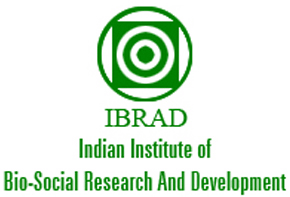

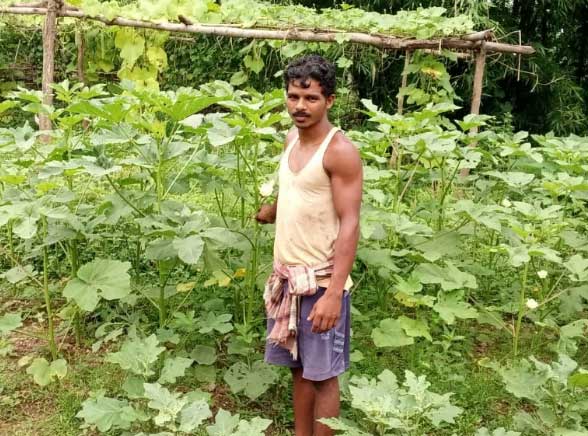
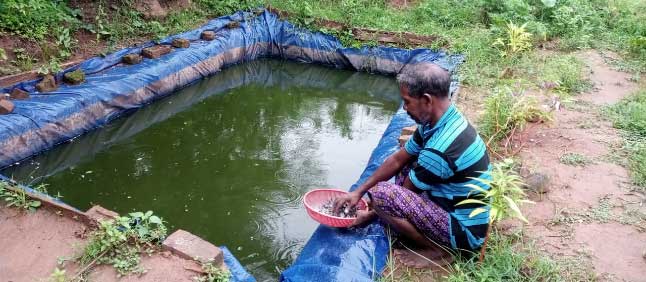
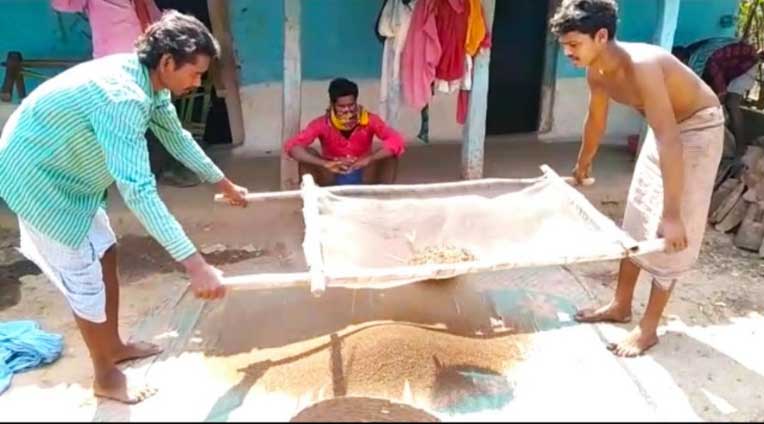
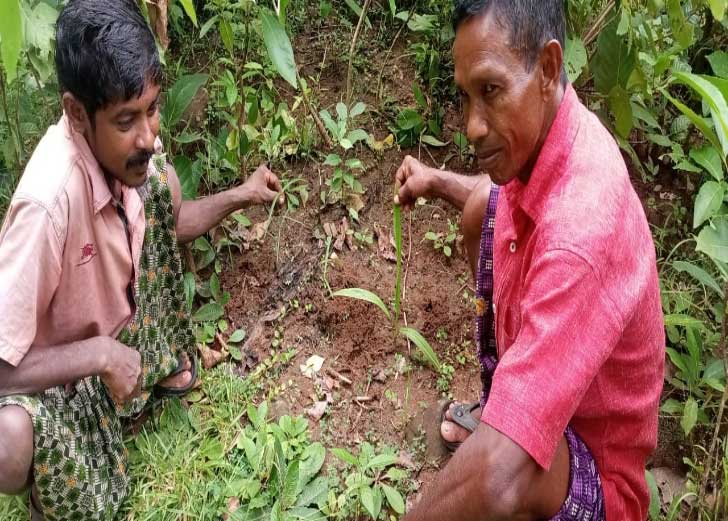
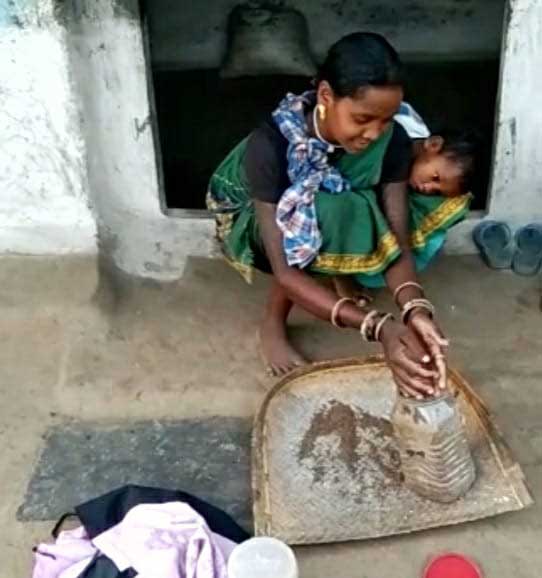
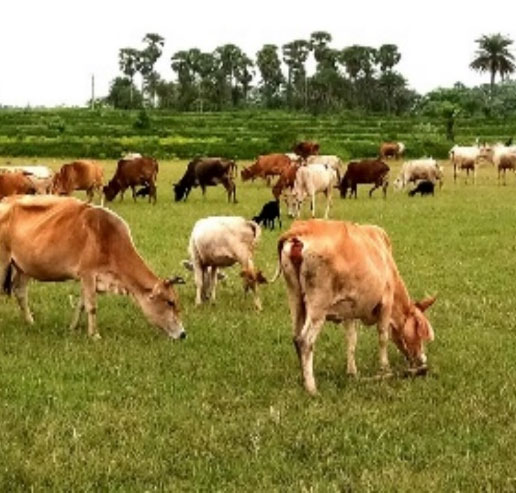
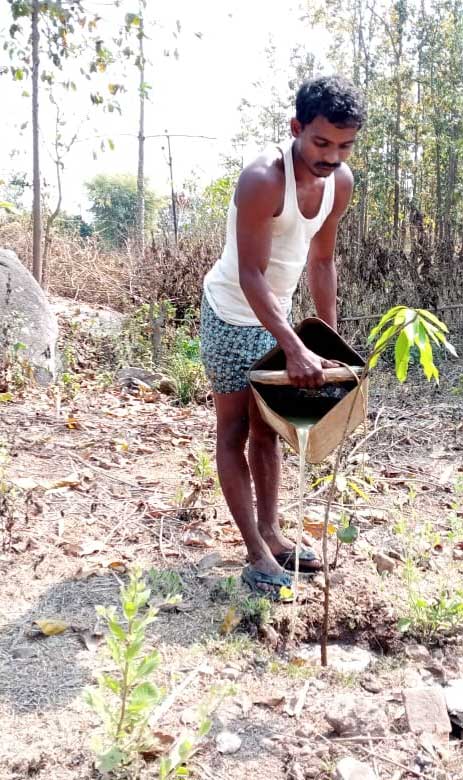
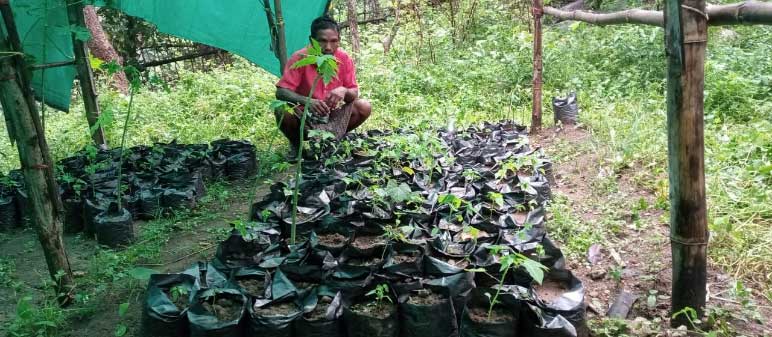
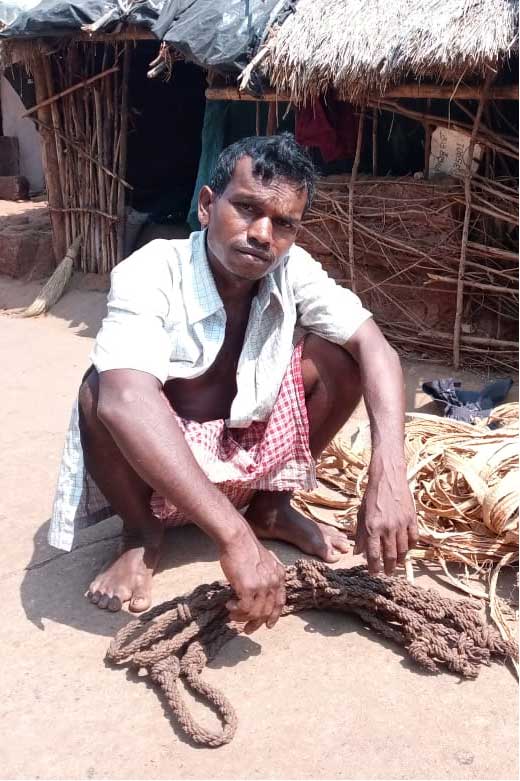
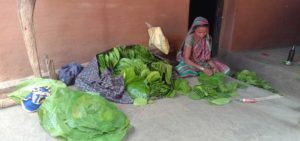
The social processes and the ecological processes continuously influence each other. To achieve the goal of sustainable development we have to understand the social processes that have a negative impact on the ecosystems and the associated ecosystem services. It requires developing new social order to change the social processes to achieve the desired result.